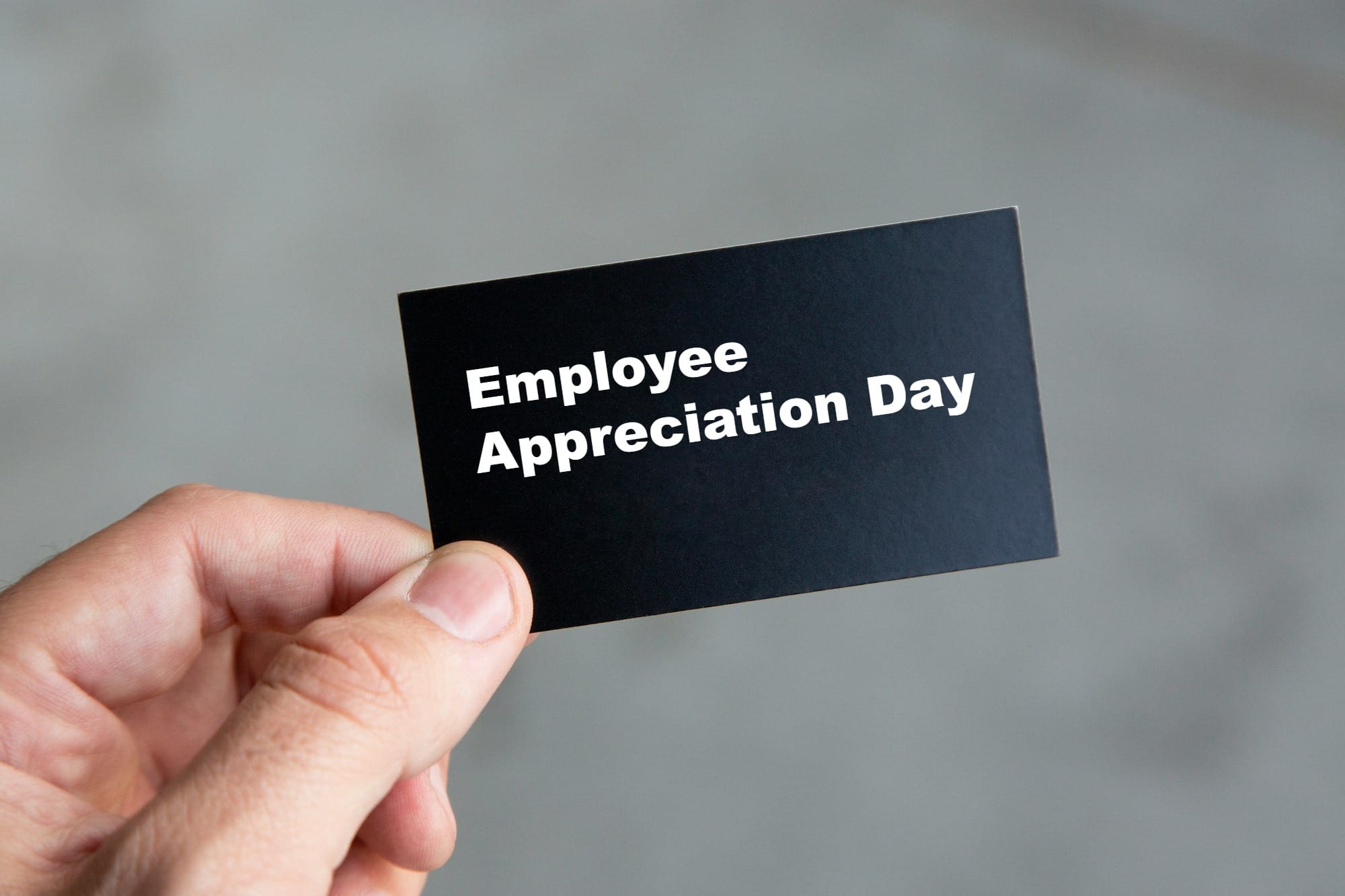In today's modern workplace, employees often juggle multiple roles—some of which go beyond their official job descriptions. However, for one clinic receptionist, the line between professional responsibilities and personal favors has blurred in a rather unusual and uncomfortable way. An employee, who wished to remain anonymous, is facing an increasingly awkward situation where they are being asked to care for their boss's smelly dog, and it's raising important questions about boundaries, workplace expectations, and the role of Human Resources in setting guidelines for appropriate behavior in the office.
The Situation: An Unusual Request
This story first published by People unfolded at a clinic where the receptionist, an essential frontline employee responsible for greeting patients and managing the day-to-day operations, has been tasked with walking and caring for their boss's dog on multiple occasions. What makes this situation particularly uncomfortable is that the dog is reportedly unpleasantly smelly, making the task even more unappealing. Despite the added responsibility, this employee hasn't formally been asked to take on the dog care as part of their job duties but has been expected to do so anyway, creating tension between personal and professional boundaries.
The employee expressed reluctance to confront their boss, fearing the emotional reaction it might trigger. After all, many employees are hesitant to challenge their superiors for fear of upsetting workplace dynamics. Without an official Human Resources department in the small clinic, the employee feels trapped, unable to effectively communicate their discomfort with the situation.
When Personal Requests Crossover Into Professional Boundaries
At first glance, this scenario might sound bizarre, but it shines a spotlight on an often-overlooked issue in workplaces of all sizes. The absence of clear boundaries between personal and professional expectations is something many employees encounter—sometimes in subtle ways, and other times in much more overt ones. The case of the receptionist and the dog underscores a key issue that many employees and employers may not fully consider: What constitutes appropriate workplace behavior?
While small businesses and organizations may not always have formalized HR departments to enforce workplace guidelines, that doesn't mean employees should be left to navigate the complexities of such dilemmas on their own. Every employee deserves to feel respected, supported, and empowered to set boundaries with their employers. This is especially true when personal tasks are being asked of employees in exchange for their professional work. In this case, the receptionist’s discomfort highlights how blurred boundaries can erode trust and affect an employee’s job satisfaction.
As highlighted by the Society for Human Resource Management (SHRM), employers are encouraged to implement clear policies that set expectations for personal requests in the workplace to avoid the overstepping of boundaries. They suggest that leadership take steps to ensure clear communication on job roles, which could help avoid situations like these where employees may feel compelled to perform personal tasks outside of their job descriptions.
The Role of Employers and HR in Setting Boundaries
In this situation, the responsibility to address this issue falls squarely on the employer’s shoulders. As leaders, managers, and business owners, it's important to foster an environment where employees can communicate openly without fear of reprisal. When requests like this one arise, it's crucial that employers clearly define what is expected of their employees. Tasks that fall outside of professional responsibilities—especially personal ones like dog walking—should be explicitly communicated and agreed upon.
Furthermore, companies should strive to create clear policies that address expectations regarding personal requests. Having a formal HR department, or even just a designated point person for workplace concerns, can alleviate the anxiety that employees face when dealing with situations like this. It's also worth noting that leadership must be mindful of the fine line between being a supportive manager and overstepping by requesting personal favors that may make employees feel uncomfortable or undervalued.
The National Labor Relations Board (NLRB) also stresses the importance of establishing clear, written guidelines that help set workplace expectations. These guidelines should protect employees' rights while also outlining appropriate boundaries for workplace interactions, ensuring that personal and professional tasks remain distinct.
Understanding Workplace Boundaries and Legal Implications
Workplace boundaries go beyond the interpersonal. From a legal standpoint, employees have the right to refuse unreasonable requests from their employers, especially if those requests don’t align with their job descriptions. Although there is no specific law that directly addresses situations like this, Title VII of the Civil Rights Act of 1964 prohibits discrimination based on sex, race, color, national origin, and religion. While this situation may not necessarily fall under these categories, the principle of maintaining a respectful and professional work environment applies universally.
If the receptionist in this case were to bring up the issue with their boss and experience retaliation or adverse consequences, they might have grounds to seek legal advice. That’s why it’s crucial for both employees and employers to understand that healthy workplace boundaries contribute to a productive, happy, and legal environment. In fact, Forbes published an article emphasizing the need for companies to set the tone from the top down when it comes to respecting employees' personal space and time, adding that this leads to long-term organizational health and employee loyalty.
A Larger Conversation on Workplace Well-being
This situation speaks to the broader issue of employee well-being and job satisfaction. As leaders, we must consistently evaluate the work environment to ensure that employees are not being put in uncomfortable or exploitative positions. Organizations should regularly assess their culture and ensure that it supports a healthy work-life balance. Employees who feel respected and valued are more likely to be engaged, productive, and committed to the company's success.
In this instance, it would be beneficial for the clinic to have an open dialogue about workplace expectations and boundaries. A simple discussion could go a long way in making sure that both the employee and the employer are on the same page regarding personal requests. An open-door policy, even in a small organization without a formal HR department, can be instrumental in solving these issues before they escalate.
Conclusion: Leading with Empathy and Integrity
As employers and managers, it’s vital that we remain empathetic and recognize when we may unintentionally place undue stress on our employees. Employees are human beings with their own lives, challenges, and boundaries, and a supportive work culture is one that takes these aspects into account. For the employee in this case, it might be uncomfortable to address the issue directly, but it is an important reminder for all of us to make sure our expectations are clear and fair. Whether you're running a large corporation or a small clinic, understanding the importance of setting proper boundaries is a critical part of good leadership.
Ultimately, addressing concerns like this can help improve employee morale and create a more harmonious workplace, where everyone feels respected and valued. As leaders, we must consistently ask ourselves if we are fostering an environment where our employees feel empowered to speak up and thrive. The path to this kind of work environment starts with listening, understanding, and ultimately setting the right boundaries.






Related Posts
Get Noticed and Recognized at Work (Without Feeling Fake)
Mar 07, 2025
The Real Way to Appreciate Employees (Without Breaking the Bank)
Mar 07, 2025
Unlocking Peak Performance: Motivating Employees Without a Pay Raise
Mar 05, 2025